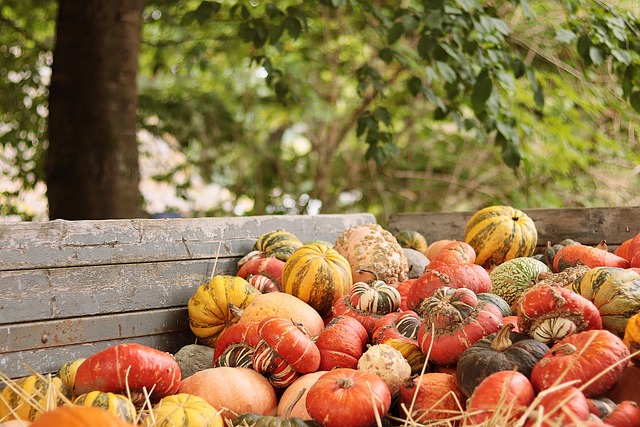The Spiritual Essence of Thanksgiving: A Time for Reflection and Gratitude
As the leaves turn vibrant shades of orange and gold, the ambiance transforms, marking a special time of year—Thanksgiving. While often celebrated with family gatherings and feasting, this occasion resonates with profound religious significance that transcends mere festivities. For many, Thanksgiving embodies a sacred time to reflect on life’s blessings and the divine providence that nurtures our existence.
The roots of Thanksgiving can be traced back to various traditions and cultural practices, but at its core, the day is about gratitude—an essential element found in numerous religions worldwide. Across different faiths, the act of giving thanks serves as a powerful ritual that fosters a sense of community and reconnects individuals with their spiritual beliefs.
The Religious Roots of Gratitude
In Christianity, the act of thanksgiving is an integral part of worship. The Bible is replete with verses that urge believers to express gratitude in all circumstances. For instance, Philippians 4:6-7 encourages devotees to present their requests to God with thanksgiving, highlighting the importance of acknowledging the divine hand in our lives. Many Christian families incorporate prayers of gratitude into their Thanksgiving celebrations, recognizing the day as an opportunity to thank God for His unwavering love and provision.
Likewise, in Judaism, Thanksgiving aligns closely with the observance of Sukkot, or the Feast of Tabernacles, which emphasizes gratitude for the harvest and God’s protection. The ritual of shaking the lulav and etrog symbolizes a profound connection to the Creator and the generosity He bestows upon humanity. This deep-rooted appreciation for sustenance and shelter fosters a spiritual atmosphere during Thanksgiving, encouraging practitioners to reflect on the blessings they receive throughout the year.
Thanksgiving Beyond Borders
While Thanksgiving is often linked to American traditions, the essence of gratitude is universal. In many indigenous cultures, seasonal celebrations echo similar themes of appreciation for the earth’s gifts, community, and spiritual connections. These observances remind us of our responsibility as stewards of nature, integrating respect for creation into our expressions of gratitude.
Buddhism, too, emphasizes the importance of gratitude as a profound practice for inner peace and enlightenment. The concept of being grateful for each moment leads to a more mindful and compassionate existence. During Thanksgiving, practitioners can cultivate this awareness by reflecting on the interconnectedness of life and the shared experiences that bind us all.
A Time for Reflection and Connection
As we gather with our loved ones around the Thanksgiving table, it is crucial to embrace the deeper meanings behind our traditions. This is a time not only to celebrate abundance but also to reconnect with our spiritual values and express gratitude for life’s myriad blessings. Taking a moment to reflect on our personal journeys and recognize the divine presence that guides us can transform this holiday into a sacred experience.
Thanksgiving encourages us to cherish our relationships, renew our faith, and appreciate the beauty of life. By embracing this spiritual dimension, we can elevate our celebrations beyond mere indulgence and create meaningful rituals that resonate deeply within our hearts, fostering unity and love within our communities.




